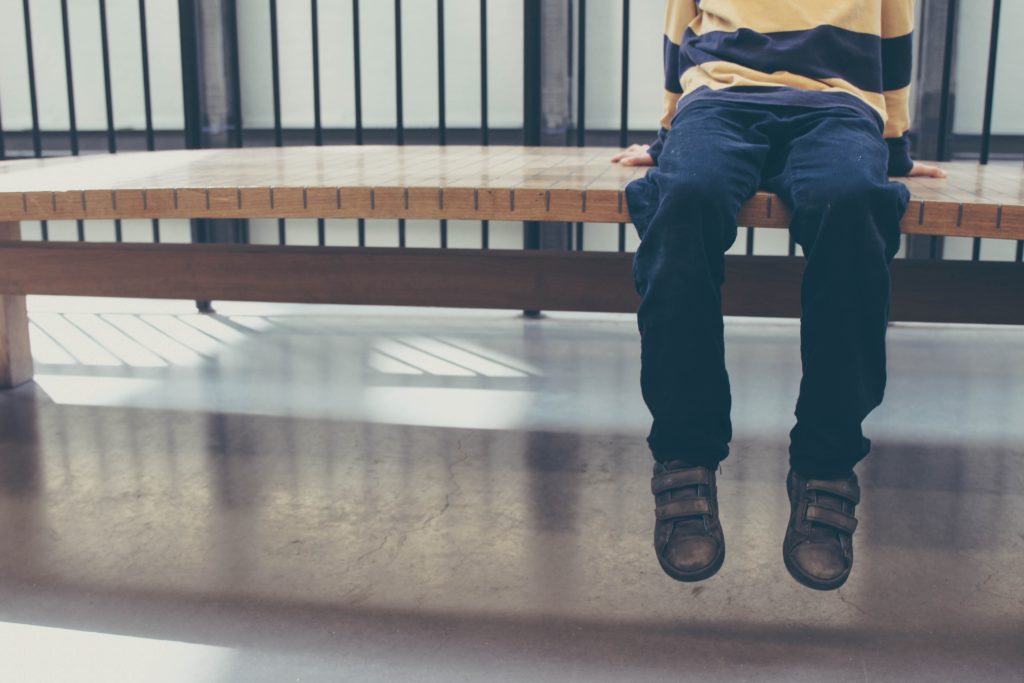Sorry.
It’s a word that can mean so much OR so little.
We often make our kids say sorry for a multitude of things. Like hitting their brother or taking their friend’s favourite toy or breaking nana’s special teapot.
They may mean it, or they may not…
One way we can teach kids the value of apologising sincerely is modelling the behaviour by saying sorry to them.
Why is it important to apologise to our children?
While some people may think that adults shouldn’t apologise to a child as they will lose authority in the relationship – the exact opposite is true. A child who has been apologised to will have more respect for their parent. They will also learn how it feels to have a wrongdoing acknowledged and apologised for, so are more likely to do the same in future.
Anytime you would apologise to (or expect an apology from) another adult is a reasonable time to apologise to your child. This includes small things, such as social etiquette. For example, bumping into them or interrupting them.
 Apologising teaches our children that we are all only human and we all make mistakes. But also that we should all be accountable for our own behaviour. It would be hypocritical of me not to apologise to my preteen for yelling at him when I’m having a bad day, when I expect him to apologise when he’s taking his grumpy mood out on his little brother.
Apologising teaches our children that we are all only human and we all make mistakes. But also that we should all be accountable for our own behaviour. It would be hypocritical of me not to apologise to my preteen for yelling at him when I’m having a bad day, when I expect him to apologise when he’s taking his grumpy mood out on his little brother.
Experts point out that apologising to your child should never be used as chance to lay blame. It can be tempting to say something like: “I’m sorry, but I wouldn’t have yelled if you hadn’t done xyz” to teach them a lesson, but it invalidates the apology. Instead, explain how you felt and why that made you act the way you did. In this way, every apology can be a learning opportunity as your child helps to understand emotions and self-reflection.
Saying sorry also validates our children’s feelings, which is important when we are trying to teach them how to deal with big emotions. Kids can get very upset about things we don’t see as significant and if we are the cause of this, we need to acknowledge our oversight, no matter how small. For example, I was talking on the phone to my mother and my 4 yo daughter wanted to say goodbye but wasn’t in the room when I hung up. I didn’t think it was a big deal but when she realised she was devastated. Of course, in this situation I had to apologise.
When shouldn’t we apologise to our children?
We shouldn’t apologise to our children for sticking to rules or setting boundaries. Parents also shouldn’t apologise for things that are out of their control. For example, something that happened at school, that someone else did or if the child loses a competition or game. In these situations, we need to employ empathy – another great tool in helping kids deal with big emotions.
Apologising to our children may seem like a trivial thing but in the long run it can teach a child a lot. Any action that helps build our children’s emotional intelligence, resilience and social skills has to be a valuable exercise.


3 Comments
Apologize easily and often, including for small “Oops” moments that are not a big deal, but just part of life. “Oops! Sorry I interrupted you.” Any time you act in a way that you wouldn’t want your child to act is a time when you need to consider apologizing. Obviously, don’t apologize for setting appropriate limits. But it’s our job to manage our own emotions, no matter what our child does. My blog
https://www.nytimes.com . Join The New York Times
Pingback: Should Parents Insist Their Child Says "Sorry"? - School Mum